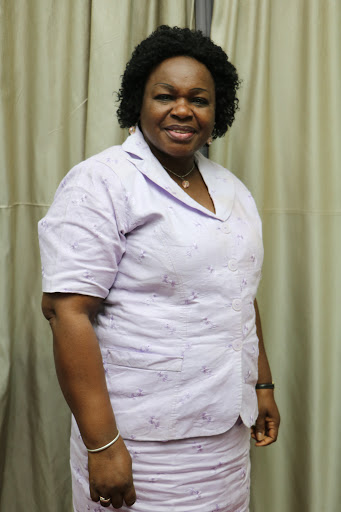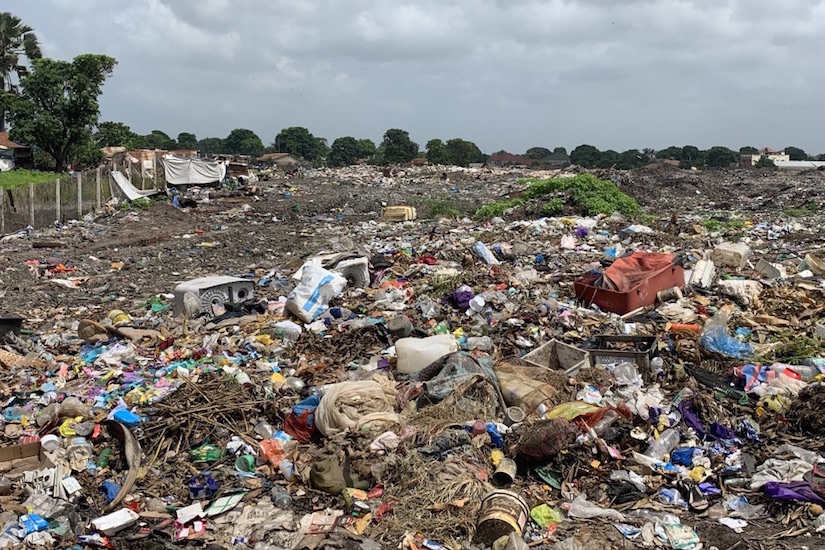By Kebba Ansu Manneh
The National Centre for Arts and Culture (NCAC) has concluded a two-day community inventory site visit in Bakau, Banjul, and other parts of the Greater Banjul Area as part of efforts to enable the officials to test some of the tools in order to get information and also to interact with communities as well as to explore diverse cultures within the communities.
Jeshewang, Sukuta, Lamin, and Busumbala respectively. The field trip was meant to help them test some of the inventory tools to collect information as well as to interact with communities while exploring the cultures within these communities and what they are endowed with.
On Thursday 15th December, a team of NCAC officials began their inventory tour starting off in Bankau and Banjul and other communities before visiting Oyster Women Association in their Oyster farm in Lamin where officials had an interface with the locals as to how they are safeguarding their farms for the younger generation and the importance of oyster farming,
Susan Samba, an oyster farmer said oyster is good and healthy for the body and medicine that cures because their forefathers depend on it as their only food and they were healthy with no complaints of pain.
She explained her heritage behind oysters which she said is from the river and that they don’t want the culture to die but instead to pass it on to generations to come. Kumba Jassey also explained how she learned the process from her stepmother who usually takes her along to see how the process is done until she was able to do it herself.
According to her, she transferred the skill to her children through direct involvement which is to go with them and see how she does it as well. For Jassey the work is challenging and tiring which ranges from harvesting and fetching firewood before the final stage of selling which she said is quite discouraging to the many children who don’t want to be involved in the hustle.
Mary Sambou, another oyster farmer said people usually look low upon the work they do and as a senior school graduate her friends sometimes laugh at her because they think she could do something better.
She also highlighted one of their biggest challenges is adding value to their products since they lack capacity.
“When you visit most of the supermarkets, all the oysters they sell are from foreign countries, we don’t have products there because we don’t add value which is why our oysters cannot stay for long,” she explained.
Oyster farming in the Gambia is completely dominated by women who harvest, process, and market the oysters.
The yearly production of mangrove oysters in the Gambia is estimated at 7000 tonnes in shell, according to the analysis conducted by FISH4ACP with the Institute of Social Research and Development (ISRAD).
Emily Drain, an international trainer who trains local facilitators on intangible cultural heritage said the whole exercise is for facilitators to be able to invent intangible culture in the Gambia in the near future.
Emily who went with a team to Bakau on Wednesday expressed the opportunity availed to her to see the community that was showcasing the babe wrapper which is seen as an important item for nursing mothers in the country.
“The cultural significance of it was interesting because it had a specific shape and design but also attached to the value of bonding between the mother and the child, the security of the child and this is across Africa (wrapper) even though the shape is different. Another significant thing was that they perform rituals around introducing the wrapper and food was cooked at the road crossing, all these traditions are interesting and exciting for me to see how important the baby wrapper is in the community,” she said.
On the importance of safeguarding the ICH for the younger generation, she said it’s important because it is associated with cultural identity, values, and beliefs.
This exercise was part of a project on strengthening national capacities for safeguarding the intangible cultural heritage and its contribution to sustainable development goals by the National Center for Arts and Culture in partnership with the UNESCO Dakar office.





